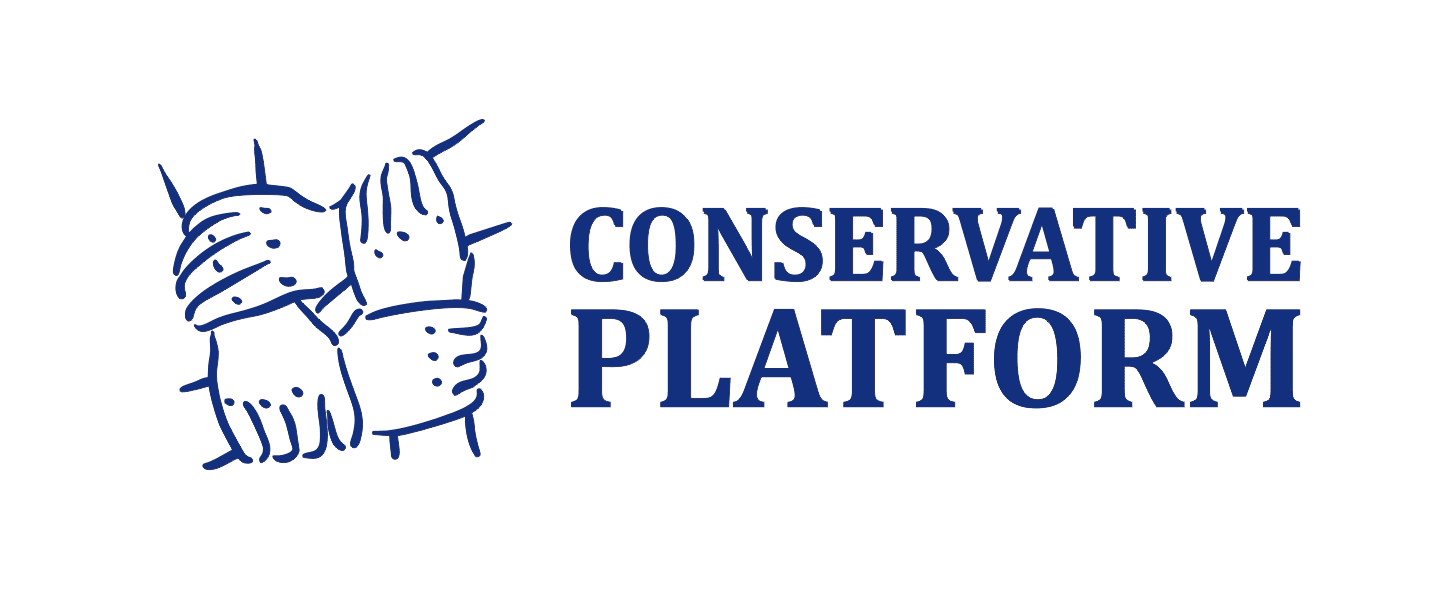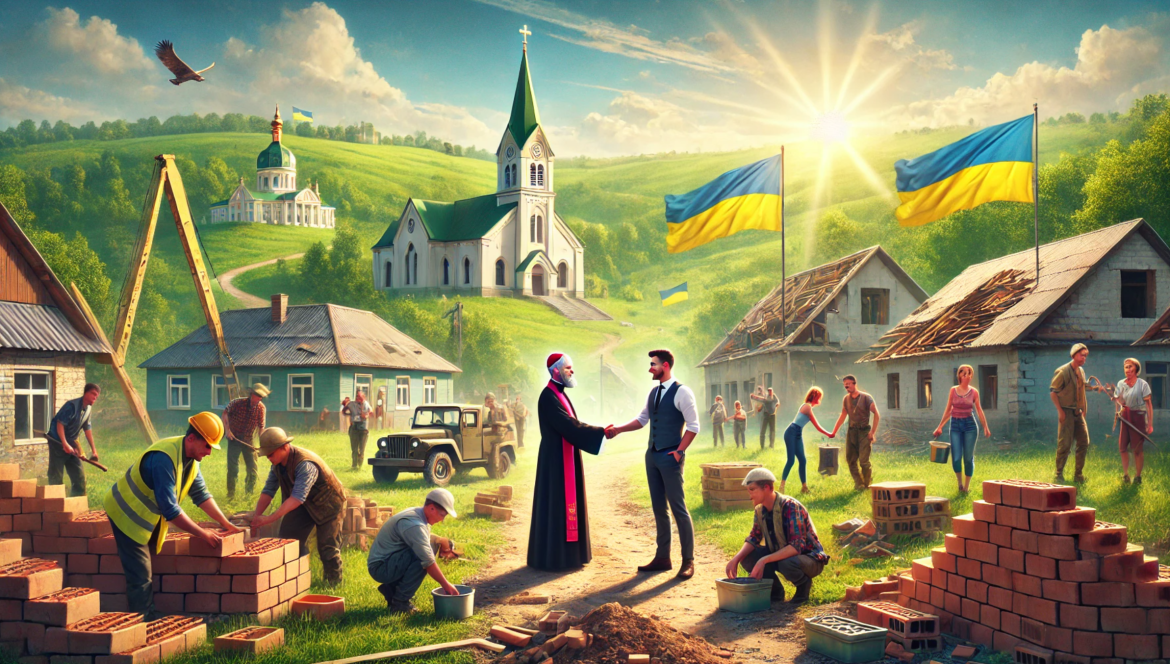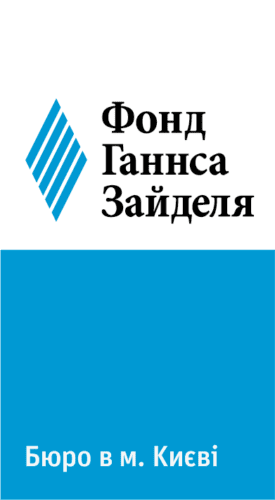Ukraine is going through one of the deepest crises in its history. A full-scale war, destroyed infrastructure, mass migration, and human losses are all posing a challenge to society, not only technically, but also morally. In such circumstances, economic recovery cannot be reduced to a set of reforms or investment programs. It must take place within a clear ethical framework based on human dignity, responsibility to one’s neighbor, and the pursuit of the common good. It is the Christian democratic ideology that can give this process the necessary value vector.
The social market economy model proposed by Christian Democrats is a proven tool for postwar transformation. In Germany in the 1950s, it became the basis for rapid development and social stability. This model avoids the extremes of both unrestricted capitalism, which neglects the weak, and centralized planning, which destroys freedom. Its essence is a combination of market efficiency with social justice, private initiative with social responsibility.
The center of the economic order should not be profit, but a person. The human being as a bearer of dignity, as a creator and participant in the economic process. Christian personalism does not allow reducing a person to a “labor resource” or a “consumer.” Labor is a form of self-realization, not a commodity. Therefore, the economic system should provide fair pay, social protection, opportunities for development and independence.
The principle of subsidiarity is of particular importance: decisions should be made at the level where they can be implemented most effectively. This means strengthening local government, transferring resources to communities, and decentralizing recovery funds. Post-war reconstruction should start from the bottom, on the initiative of people on the ground who know their needs better and are able to act responsibly. This approach is not only pragmatic, but also respects the dignity of everyone.
Solidarity in the Christian sense is not a manifestation of weakness, but rather the foundation of a strong, mature state. Assistance to veterans, displaced persons, large families, and the elderly is not charity, but an indicator of a civilized level. Christian democracy implies the creation of an institutional system of protection, in which the responsibility of the state is complemented by the responsibility of communities and businesses.
One of the critical resources for recovery is land. In the Christian democratic understanding, land is not just a commodity, but a common good. Land ownership has a social function and cannot be reduced to an object of speculation. Family farming, as an alternative to agroholdings, contributes to the preservation of villages, increased food security, and an ethical attitude towards the environment. It is necessary to protect the small owner, introduce legal mechanisms against excessive land concentration, and encourage responsible farming.
Investment policy should also be based on ethical principles. Investors should respect the rights of workers, environmental standards, and avoid engaging in corrupt practices. At the same time, the government must create clear rules, legal certainty and incentives for those who act responsibly. Social responsibility is not only a matter of conscience, but also the result of a clear public policy.
Economic reconstruction is impossible without a strong, morally oriented middle class. The middle class, small businesses, and farmers are the pillars of stability. Therefore, tax policy, the financial system, and administrative regulation should be aimed at creating a space of equal opportunities. Christian democracy has consistently advocated the elimination of privileges for big players and support for those who work honestly.
Ukraine is already moving towards the European Union, and most EU economies are built on principles close to Christian democracy. Implementation of such a model in Ukraine will not only be an internal need, but also an important signal to our Western partners. It will allow us to deepen integration, increase the effectiveness of international assistance, and attract responsible investors.
Post-war recovery is a chance not just to return to what was, but to build a new economy: a fair, moral, sustainable one. An economy where dignity does not contradict efficiency, and responsibility does not hinder growth. Christian democracy offers just such a vision – not as an abstract idea, but as a concrete roadmap. And it is up to us to seize this opportunity to lay the foundation for a true renewal of the nation.




